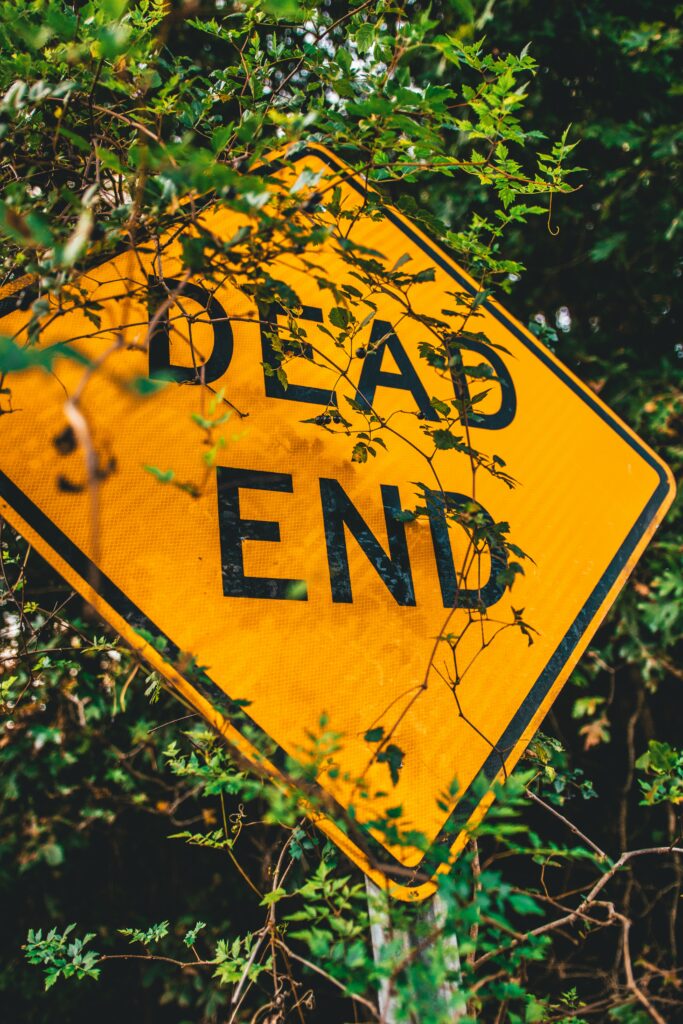So far, more than 500 scientists from 30 countries around the world have signed an open letter calling for an international and public dialogue with world decision-makers on the risk of a possible societal collapse.
A Hungarian translation of the open letter
We, scientists and academics from all over the world, call on decision-makers to engage clearly and openly in a debate about the risks of disruption and collapse of our societies. Five years after the Paris Climate Agreement targets were not met on time, we are facing the consequences.
While there is no question that significant efforts to reduce carbon emissions and remove carbon from the atmosphere are essential, a range of scientists in different fields see systemic societal collapse over the course of a century as a realistic possibility. There are many different views on the place, time, scale, manner, duration and severity of such processes, but the way in which modern societies exploit both humans and nature to the limit is a common cause for serious concern.
Only and only if policy makers engage in an immediate and open dialogue on the real threat of the collapse of our societies, in a spirit of open ownership, will there be a real chance for communities and countries to start preparing, allowing us to delay its occurrence and reduce its severity, especially for the most vulnerable and for the natural disasters that await us.
Major world forces are already looking at collapse as a possible scenario that requires careful planning. Various surveys confirm that a growing proportion of people are anticipating some form of collapse of their societies. It is an unfortunate fact that many communities in the developing world have experienced or are experiencing a similar event. However, this issue rarely receives media, civil society or even political attention.
When it does happen, the media typically quotes people who are negative about the possibility of social breakdown and the meaningful dialogue that it can generate. Misleading, reality-hiding communication is aimed at making it impossible to inform, raise awareness and engage in real debate on the grounds of people's mental health and loss of motivation. At the same time, it essentially takes away the opportunity for people who want to act to find the motivation to take real action in anticipation of collapse to make a meaningful difference to mitigate climate, ecological and social problems.
Responsible thinkers with environmental and humanitarian concerns should not be discouraged from openly discussing the real risks of the breakdown and collapse of their societies. In essence, this allows the public discourse and the range of things worth discussing to be determined by people for whom none of the above, including this issue, has any serious relevance.
Quite a few of us believe that the transition to a new type of society is possible. It will undoubtedly require bold action, for climate, for living things and for human communities, including preparing for major disruptions to daily life. We are united in our insistence that every effort must be made to maintain a free dialogue on collapse so that its absence does not become an obstacle to the necessary transition.
We have all experienced the emotional strain of recognising the damage and dangers that threaten not only our way of life but our very existence. At the same time, we know the uplifting feeling of having a supportive community. It is time to engage in difficult but vital conversations with each other, reducing the emotional burden of our own guilt and doing our best to make the best of the challenging times ahead.
The original open letter, its references and list of signatories can be found here.



